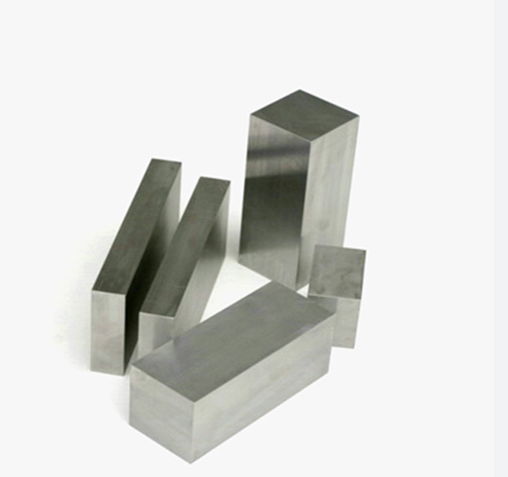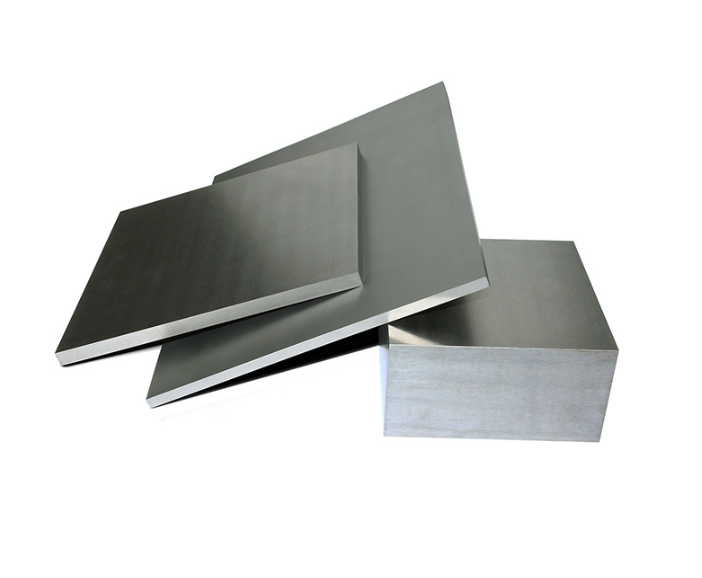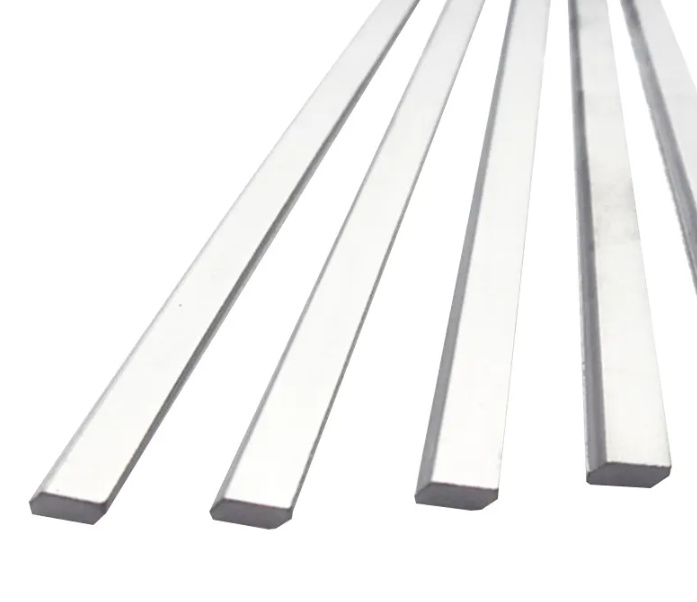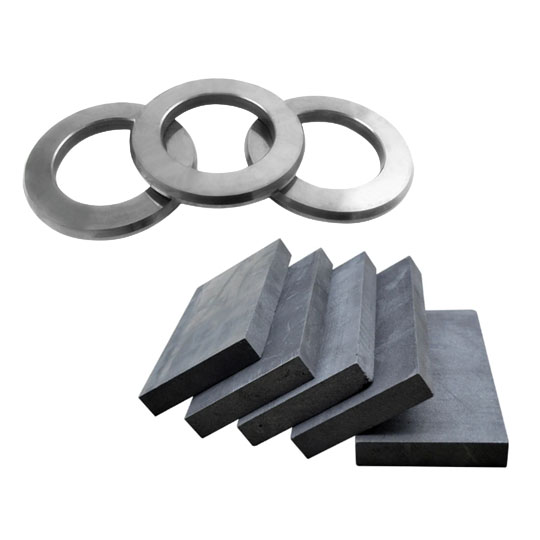초경합금 인서트, also known as tungsten carbide inserts, are a critical component in the world of metalworking and machining. They are indispensable for their durability, efficiency, and versatility. If you’re diving into the world of machining or simply looking to upgrade your tooling arsenal, this guide will walk you through everything you need to know about cemented carbide inserts. From their types and applications to material properties and selecting the right one, let’s get started.
Overview of Cemented Carbide Inserts
Cemented carbide inserts are cutting tools used extensively in manufacturing and metalworking. They consist of a composite material made up of carbide particles bonded together by a metallic binder. This unique composition gives them superior hardness, wear resistance, and the ability to withstand high temperatures, making them ideal for cutting, drilling, and shaping metal materials.
Why Cemented Carbide?
- 내구성: Cemented carbide inserts are incredibly durable and can withstand heavy usage.
- 효율성: They maintain sharpness and cutting efficiency over long periods.
- 다용도성: 다양한 재료 및 가공 작업에 적합합니다.
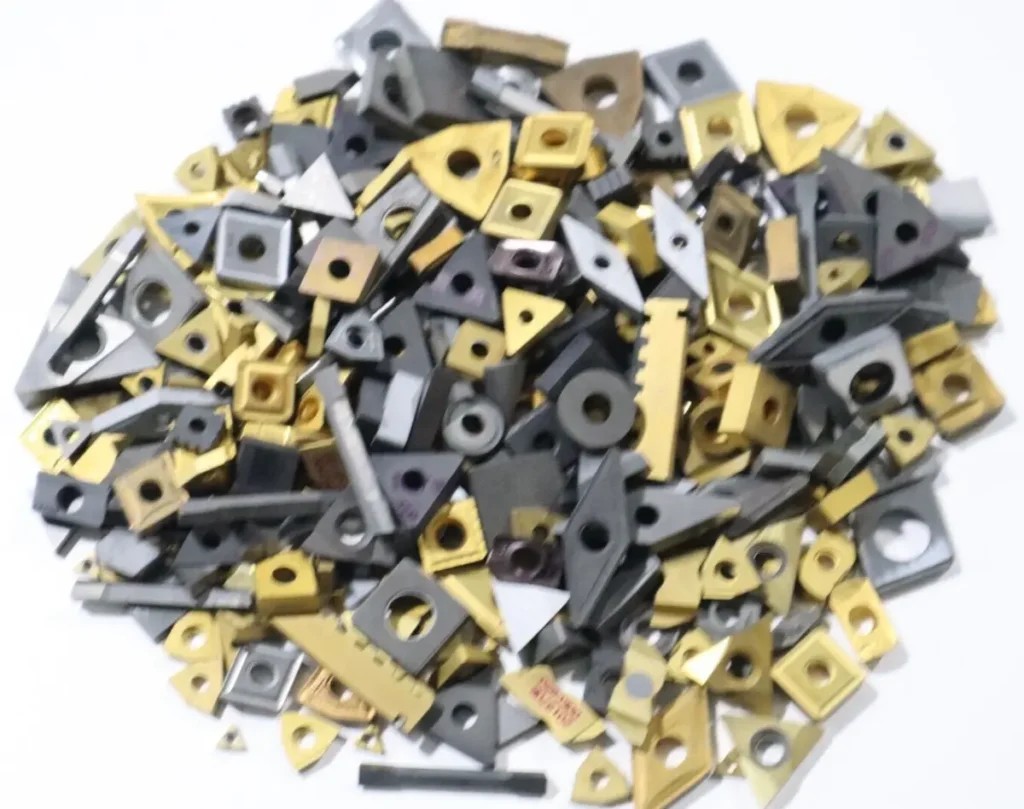
유형 초경합금 인서트
There are various types of cemented carbide inserts designed for specific applications. Here’s a breakdown of some common types:
| 삽입 유형 | 설명 |
|---|---|
| CNMG | General-purpose insert with 80° cutting edge, suitable for roughing and finishing. |
| DNMG | 55° cutting edge insert, ideal for finishing operations. |
| TNMG | Triangular insert, versatile for both roughing and finishing. |
| WNMG | Trigon shape with 80° cutting edge, used for roughing and interrupted cuts. |
| SNMG | Square insert, very strong, used for heavy-duty operations. |
| CCMT | Single-sided insert with 80° cutting edge, used for turning applications. |
| VBMT | Diamond-shaped insert, used for fine finishing. |
| RCMT | Round insert, ideal for profiling and contouring. |
| APKT | Rectangular insert, used for milling applications. |
| RPGN | Round insert, great for profiling soft materials. |
초경합금 인서트의 응용 분야
Cemented carbide inserts are used in a variety of machining operations. Here’s a look at their applications:
| 애플리케이션 | Insert Types | 세부 정보 |
|---|---|---|
| 선회 | CNMG, DNMG, CCMT, VBMT | Turning operations involve rotating the workpiece while a stationary cutting tool removes material. |
| 밀링 | APKT, RPGN | Milling uses a rotating cutting tool to remove material from a workpiece in various directions. |
| 드릴링 | WNMG, SNMG | Drilling operations create round holes in a workpiece using a rotating drill bit. |
| 지루함 | CNMG, VBMT | Boring enlarges existing holes to achieve greater accuracy. |
| 프로파일링 | RCMT, RPGN | Profiling operations create complex contours and shapes on a workpiece. |
| 스레딩 | TNMG, VBMT | Threading inserts are used to cut screw threads into a workpiece. |
| 그루빙 | SNMG, CCMT | Grooving involves cutting narrow channels into a workpiece. |
| 이별 | SNMG, WNMG | Parting operations cut off a section of a workpiece. |
| Face Milling | APKT, CCMT | Face milling uses a cutter to remove material from the surface of a workpiece to create a flat surface. |
| Interrupted Cutting | WNMG, SNMG | Inserts designed for interrupted cutting can withstand shocks and impacts from irregular cuts. |
머티리얼 속성 초경합금 인서트
Understanding the material properties of cemented carbide inserts is crucial for selecting the right one for your application.
| 속성 | 설명 |
|---|---|
| 경도 | Cemented carbide inserts are extremely hard, typically measuring 8.5-9 on the Mohs scale. |
| 내마모성 | High resistance to wear, making them ideal for cutting and abrasive applications. |
| 인성 | Despite their hardness, they have sufficient toughness to withstand impact and shocks. |
| 내열성 | Able to maintain hardness and performance at high temperatures, often exceeding 1000°C. |
| 내식성 | Resistant to corrosion, extending their lifespan in various environments. |
| 열 전도성 | Good thermal conductivity helps in heat dissipation during cutting operations. |
| 밀도 | High density, typically between 14.5-15.0 g/cm³. |
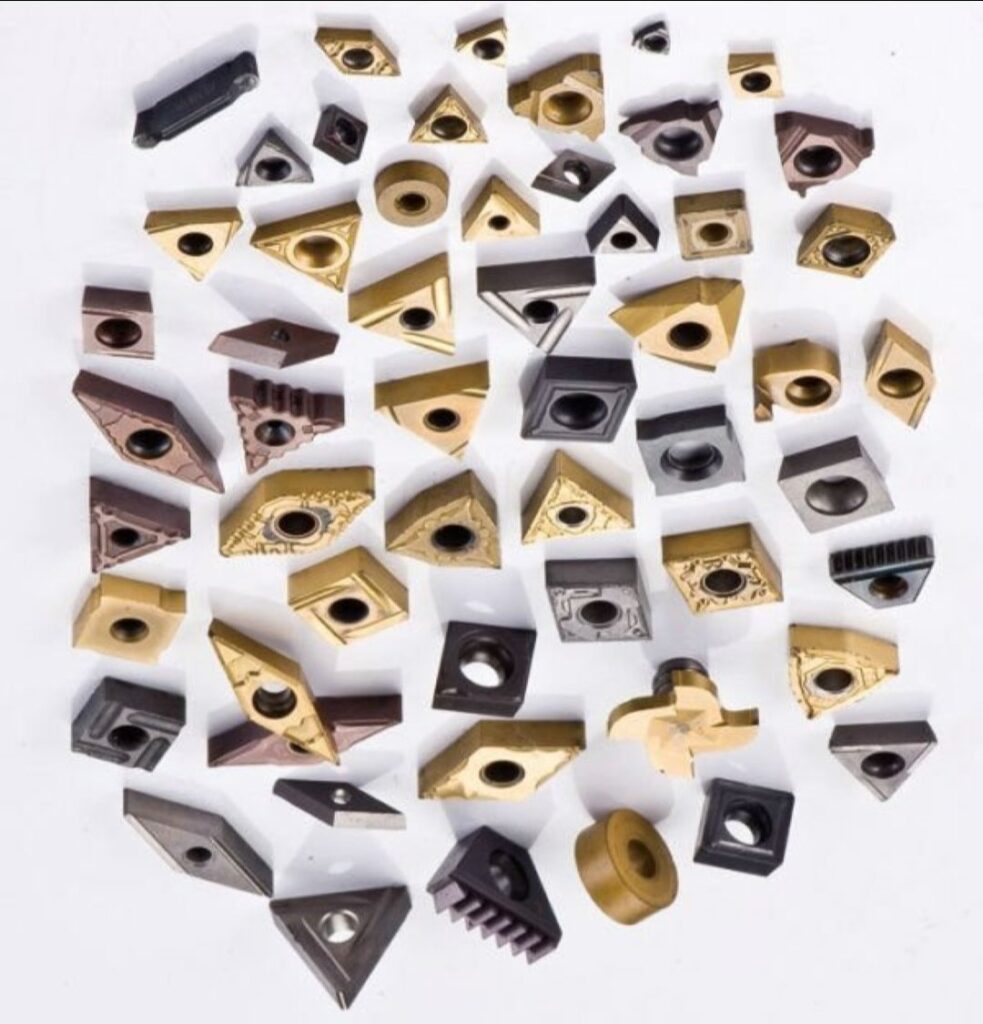
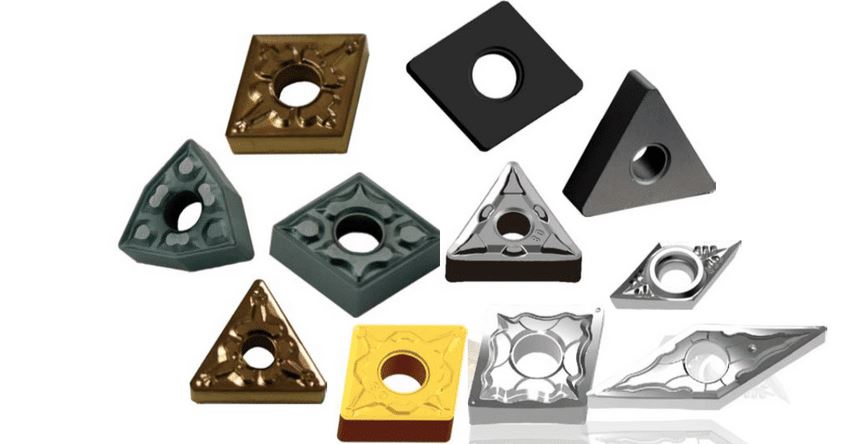
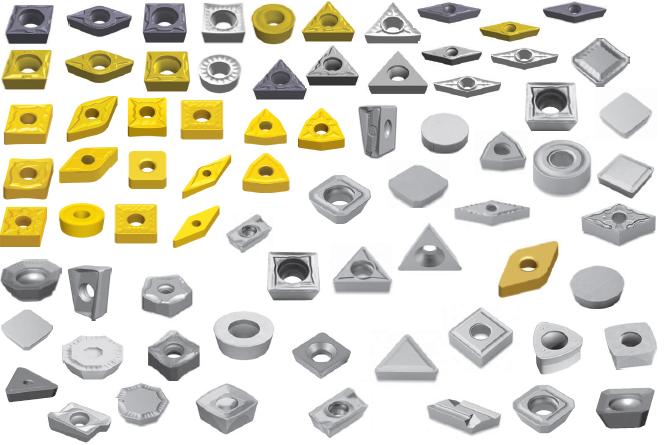

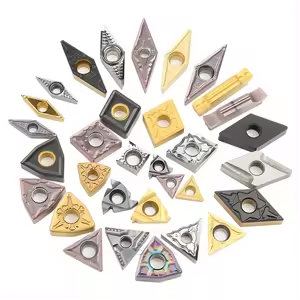
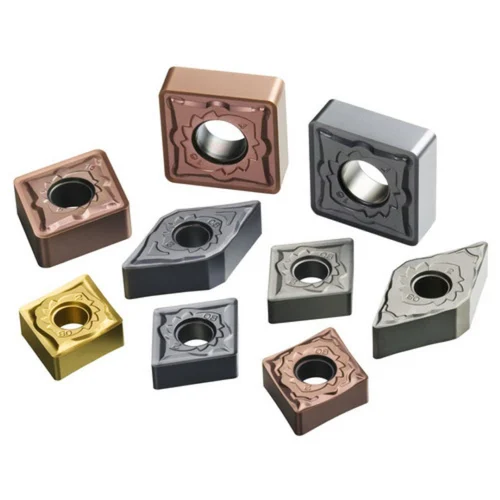
구성 및 특성
The composition of cemented carbide inserts affects their properties and performance.
| 구성 요소 | 설명 |
|---|---|
| 텅스텐 카바이드 | Main component, provides hardness and wear resistance. |
| 코발트 | 바인더 역할을 하여 인성과 내충격성을 제공합니다. |
| 티타늄 카바이드 | Enhances hardness and thermal resistance, especially in high-speed cutting applications. |
| 탄탈 탄화물 | Increases resistance to wear and deformation, especially at high temperatures. |
| 니오븀 카바이드 | Improves the grain structure, enhancing toughness and resistance to thermal shock. |
경도, 강도 및 내마모성
These three properties are crucial in determining the suitability of a cemented carbide insert for a specific application.
| 속성 | 설명 |
|---|---|
| 경도 | Measured using the Rockwell or Vickers scales, indicating the material’s resistance to deformation. |
| 힘 | Indicates the material’s ability to withstand mechanical stress without breaking or deforming. |
| 내마모성 | Refers to the material’s ability to resist wear and abrasion during cutting operations. |
사양, 크기, 모양 및 표준
Cemented carbide inserts come in various sizes, shapes, and standards to meet different machining needs.
| 사양 | 세부 정보 |
|---|---|
| ISO 표준 | ISO 1832: Specifies dimensions and tolerances for carbide inserts. |
| 도형 | Triangle, square, diamond, round, rectangular, trigon, etc. |
| 크기 | Available in various sizes to fit different tool holders and applications. |
| 성적 | Different grades offer varying levels of hardness, toughness, and wear resistance. |
공급업체 및 가격 세부 정보
Finding reliable suppliers and understanding pricing is crucial for making an informed purchase.
| 공급업체 | 지역 | 제품 범위 | 가격(대략) |
|---|---|---|---|
| 케나메탈 | 글로벌 | Wide range of carbide inserts | $5 – $50 per insert |
| 샌드빅 코로만트 | 글로벌 | 고성능 인서트 | 인서트당 $10 - $60 |
| 미쓰비시 머티리얼즈 | 글로벌 | Various types and grades | $7 – $45 per insert |
| 스미토모 전기 | 글로벌 | Advanced cutting tools | $8 – $55 per insert |
| ISCAR | 글로벌 | Innovative carbide inserts | $9 – $65 per insert |
| Walter 공구 | 글로벌 | Comprehensive range | 인서트당 $6 - $40 |
| Seco 도구 | 글로벌 | High-precision inserts | $7 – $50 per insert |
| YG-1 | 글로벌 | Affordable, quality inserts | $5 – $35 per insert |
| Tungaloy | 글로벌 | Advanced material inserts | $10 – $55 per insert |
| Kyocera | 글로벌 | High-durability inserts | 인서트당 $8 - $50 |
오른쪽 선택 초경합금 인서트
Choosing the right cemented carbide insert involves considering several factors.
| 고려 사항 | 세부 정보 |
|---|---|
| 가공할 재료 | Different materials require different insert properties. |
| Type of Machining | The type of operation (turning, milling, drilling) dictates the insert shape and properties needed. |
| 절단 조건 | Speed, feed rate, and depth of cut are crucial factors. |
| 도구 홀더 호환성 | Ensure the insert fits the tool holder being used. |
| 비용 | Balance between cost and performance to meet budgetary constraints. |
장점과 한계
Comparing the advantages and limitations of cemented carbide inserts helps in making an informed decision.
| 측면 | 장점 | 제한 사항 |
|---|---|---|
| 경도 | Extremely hard, maintaining sharpness over long periods. | 부적절한 사용 시 부서지기 쉽고 깨지기 쉽습니다. |
| 내마모성 | High wear resistance, reducing the need for frequent replacements. | May be more expensive compared to other materials. |
| 내열성 | Retains properties at high temperatures, suitable for high-speed operations. | Requires precise cooling and lubrication to avoid thermal damage. |
| 다용도성 | 다양한 소재와 애플리케이션에 적합합니다. | Specific inserts needed for different applications, adding to inventory complexity. |
| 내구성 | Long lifespan, reducing downtime and increasing productivity. | High initial cost may be a consideration for some users. |

자주 묻는 질문
What are cemented carbide inserts used for?
Cemented carbide inserts are used in various machining operations such as turning, milling, drilling, and boring. They are preferred for their hardness, wear resistance, and ability to maintain performance at high temperatures.
내 애플리케이션에 적합한 카바이드 인서트를 선택하려면 어떻게 해야 하나요?
Selecting the right carbide insert involves considering the material to be machined, the type of machining operation, cutting conditions, tool holder compatibility, and cost.
What are the benefits of using cemented carbide inserts?
The main benefits include high hardness, excellent wear resistance, heat resistance, versatility, and durability. These properties result in increased productivity and longer tool life.
카바이드 인서트를 재사용할 수 있나요?
Yes, carbide inserts can often be reused after re-sharpening. However, the extent of reuse depends on the insert’s condition and the specific machining requirements.
What are the common grades of cemented carbide inserts?
Common grades include C2, C3, C5, and C7, each offering different levels of hardness, toughness, and wear resistance suitable for specific applications.
How should I store cemented carbide inserts?
Store them in a cool, dry place away from direct sunlight and moisture. Using appropriate storage containers can help prevent damage and maintain their quality.
Are there any environmental considerations with carbide inserts?
Cemented carbide inserts are made from materials that can be recycled. It’s important to follow proper recycling practices to minimize environmental impact.
What are some common brands of cemented carbide inserts?
Some popular brands include Kennametal, Sandvik Coromant, Mitsubishi Materials, Sumitomo Electric, ISCAR, Walter Tools, Seco Tools, YG-1, Tungaloy, and Kyocera.
How do carbide inserts compare to other cutting tools?
Compared to other cutting tools, carbide inserts offer superior hardness, wear resistance, and heat resistance. They are more durable and efficient but may come at a higher initial cost.
What is the average lifespan of a carbide insert?
The lifespan varies depending on the application, material being machined, and cutting conditions. However, carbide inserts generally last longer than other cutting tools due to their durable properties.
결론
Cemented carbide inserts are a cornerstone of modern machining, offering unmatched durability, efficiency, and versatility. Whether you’re a seasoned professional or just starting in the world of machining, understanding the types, applications, material properties, and selection criteria for carbide inserts can significantly impact your productivity and machining success.
By choosing the right carbide insert, you can enhance your machining operations, reduce downtime, and achieve superior results. Explore the various options, understand your specific needs, and make informed decisions to leverage the full potential of cemented carbide inserts in your projects.

